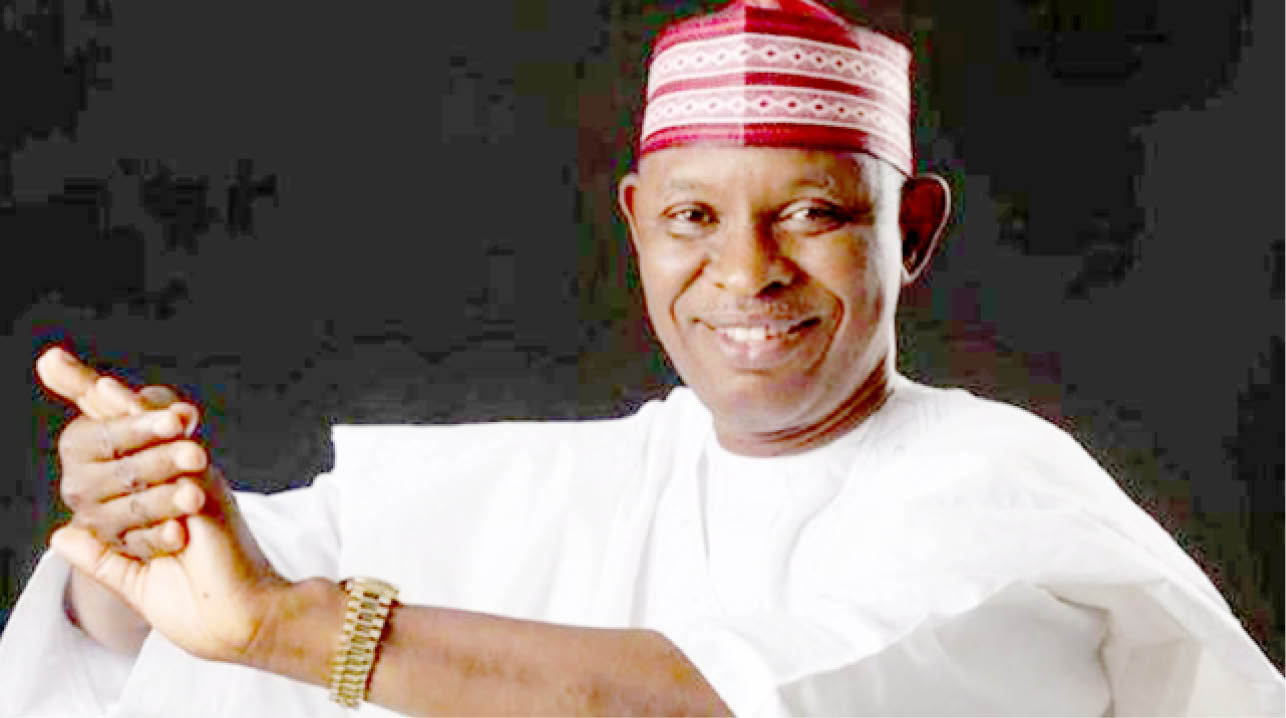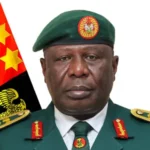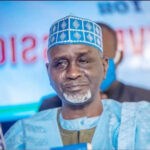The recent suspension of increment of school fees in Kano State has pitted the proprietors of private schools and educationists against the government and parents already battling with the harsh impact of the current economic situation in the country, Daily Trust reports.
Recall that the Special Adviser to the Kano State Governor on Private Schools, Baba Abubakar Umar, told Daily Trust, on Sunday, that the government has suspended not only the planned increment of school fees by private schools in the state but that the sale of books and uniforms by private schools have been put on hold.
This development came a few hours after the government revoked the operating licenses of all private schools in the state and directed them to re-apply for licensing.
”Parents should report any school that is asking them for fee increment as that has been suspended for now. No school will be allowed unilaterally to increase school fees again,” he said.
He noted that the state government will similarly ensure that parents pay school fees of their children because the operators are not charity organisations, adding that private school operators who failed to apply before the expiration of the application date would be sanctioned if they are found to be operating.
While some parents support the move by the government, several proprietors of private schools in the state said while the government had not officially communicated the suspension of an upward adjustment of fees to them, hearing and reading about it in the media only confirmed to them that “the government is not in tune with the economic realities and was perhaps trying to overreach its regulation.”
Some of the proprietors, as well as other educationists, described the decision of the government as a move towards crippling education, especially now that private schools remain the best option available to parents in the state.
An educationist, who asked not to be named, said it was appalling that instead of the government dissipating energy on reforming the public education system and making private schools less appealing to parents, it was bringing up policies that would only cripple the operational abilities of the private schools, and rendering the students as the greatest victims.
“While it is not always true that high school fees will translate to quality education, looking at economic realities, except the schools are planning on cutting cost by reducing some of the equipment needed to achieve some level of quality, it is unrealistic to expect the schools to charge the same fees that they charged last session when petrol was selling for N198 and now that it sells for N620 for instance,” the educationist, who has several years of experience in public and private educational system, told Daily Trust.
Similarly, the proprietors said they are forced to increase fees by the current economic situation in the country, adding that some of their teachers have started demanding salary increments.
A proprietor, Nafiu Abdulkadir, said even though they are yet to receive an official statement from the government about the suspension of fees increment, they are facing challenges that may force some to close their schools. He said presently if they didn’t increase school fees, majority of them could not pay salaries to their staff.
“We had a meeting with the SA to the governor on Private Schools, but he didn’t tell us about the decision. Instead, he even directed us to ensure that parents are paying school fees. Because many parents owe us. Instead of paying the debt, they remove their children from one school and change to another. That is what some do if they owe you.
“People are talking about the increase in school fees, but they don’t look at what is happening in the country. Everything has gone up not only once, but almost 10 times. But we didn’t increase fees until this time. Before we increased fees, we had to call the Parent Teachers Association (PTA) meeting. We brief them about the situation in the country and they reason with us,” he said.
Another school owner, Alhaji Aminu Idris, said his teachers are demanding increase in salary, and that instructional materials are expensive, hence the need to review school fees upward.
“Our only source of money in private schools is the school fees. We don’t have any other source. We have students, we have running costs, some of us are using rented buildings, and we have laboratories and a lot of things. How do you do all these if you want to really impact qualitative education? It is by increasing the school fees,” he said.
While adding that if the government forces them to reduce school fees it will affect the functions of the schools, the school owner said government should instead consider their teachers in palliative sharing to cushion the effects of the government’s economic policies.
“Will the government be subsidizing private school education too? Do they intend to give us some money to offset some of our costs? Wait, why is the government not stopping oil marketers from the arbitrary increases in fuel and gas prices?
“Why is the government not going to the market to regulate the price of educational materials?” the headmaster of one of the leading private model schools in the state, who asked not to be named for fear of victimization, told Daily Trust.
He said in his school, the “minimal adjustment in our fees had been communicated to parents and they reason with us and none has so far raised an eyebrow because they are realistic. They want their wards to get quality education. They do not want us to compromise on quality. So you see, no complaints from them. That is why it was surprising for us to read in your paper that the government is asking us not to increase fees.”
“In my school, there is no student that has up to N10,000 increment. In fact, for most of the classes, it is between N2000 and N4,000, except entry levels like primary one where it was increased for about N8,000 because of several things they have to buy,” he added.
A father of six children currently studying in a private school, Musbahu Musa Mai Gilas, said he was paying over N100,000 before the increase and that now he will pay over N150,000.
“Even though they are giving me a discount, I reason with the increase. We want quality education for our children,” he said.
Failure of government to invest in public schools worsening situation – Educationist
Speaking to Daily Trust on the situation, an educationist from Bayero University Kano (BUK), Professor Muhammad Bello Shitu, said the cause of the problem is the government’s neglect of public schools which prompted the need for more private schools in the state and country in general.
He said despite the population of the state and the number of out-of-school children, the state government refused to invest a significant amount of money and resources to rescue the sector.
Daily Trust reports that despite the government running a free and compulsory basic education policy in its public schools, many parents still prefer to put their wards in private schools. Teachers and parents have lamented that while education may be free in public schools, the quality of education obtainable is nothing to write home about with several complaints of lack of teaching materials, unconducive learning environment and dilapidated classrooms.
“We have 15 million out-of-school children in Kano. This shows the gap and challenges facing the sector presently,” Professor Shitu said.
He added that the suspension of increase in school fees in the private schools will worsen the situation in the state as the quality of the education offered by the schools will be affected.
“This is not a good move towards settling these problems. We can all see the economic realities in the country. With this, the private schools will also face similar challenges of the public schools. Education will be affected,” he said.
The professor said the only way out is for the government to improve public schools and invest heavily in them to meet the standards of the private sector, so as to reduce the rush for private schools.
For the private schools, he said, “Government should sit with their owners and review their fees. Listen to them and their reasons to increase fees. Make adjustments and let them continue with their work.
“The government should also see them as contributors to the development of education, not as a threat. Because they are also playing a significant role in that regard. They are always contributing to the fight against illiteracy,” he added.
We have no issue with govt directive – NAPSS
Meanwhile, the Chairman, National Association of Proprietors of Private Schools (NAPPS) in Kano, Malam Adamu Madu, has said the association has no issue with the government directive.
“Regarding the issue of increment of fees, the law says one can only do that after every three years.
“Secondly, it cannot take place until a decision is reached between the school management and the Parent Teachers Association (PTA). That’s the legal way increment can take place. So, as far as we are concerned, we are not going contrary to what the government decided on every school. We are in support of government decisions,” he added.
From Clement A. Oloyede, Zahraddeen Y. Shuaibu & Salim U. Ibrahim (Kano)

 Join Daily Trust WhatsApp Community For Quick Access To News and Happenings Around You.
Join Daily Trust WhatsApp Community For Quick Access To News and Happenings Around You.


